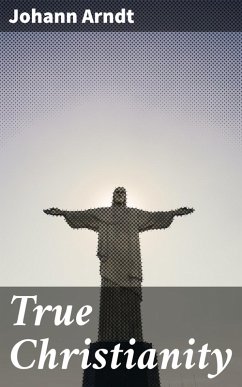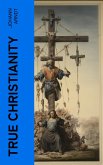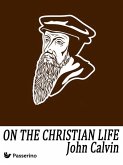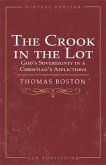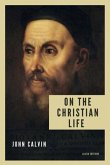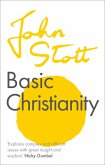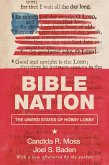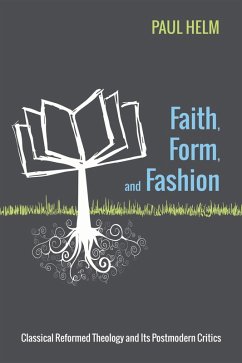In "True Christianity," Johann Arndt presents a pioneering exploration of the Christian faith that transcends mere dogma to emphasize the inner transformation of the believer. Written in the early 17th century, this work blends mystical theology with a robust ethical framework, urging readers to cultivate a personal relationship with God through genuine devotion and self-reflection. Arndt's lyrical prose is imbued with the influences of the German mystics, aligning with the broader currents of the Protestant Reformation, particularly the emphasis on personal faith over institutional authority, making it a foundational piece in the development of modern Christian spirituality. Johann Arndt (1555-1621), a Lutheran theologian and mystic, emerged from the turbulent Reformation period, a time ripe for spiritual renewal and introspection. His own experiences with personal faith crises and the prevailing religious conflicts motivated him to articulate a vision of Christianity that prioritizes the heart's sincerity. Arndt's thoughts reflect a deep understanding of human nature and the complexities of spiritual life, positioning him as a significant figure in the history of Christian thought. "True Christianity" is a must-read for those seeking a deeper understanding of spiritual authenticity. Its timeless insights resonate well beyond its historical context, encouraging contemporary readers to reflect upon their faith and its manifestation in everyday life. Arndt'Äôs work invites both theological scholars and lay readers alike to embark on their own journeys toward true spiritual fulfillment.
Dieser Download kann aus rechtlichen Gründen nur mit Rechnungsadresse in A, B, BG, CY, CZ, D, DK, EW, E, FIN, F, GR, H, IRL, I, LT, L, LR, M, NL, PL, P, R, S, SLO, SK ausgeliefert werden.

